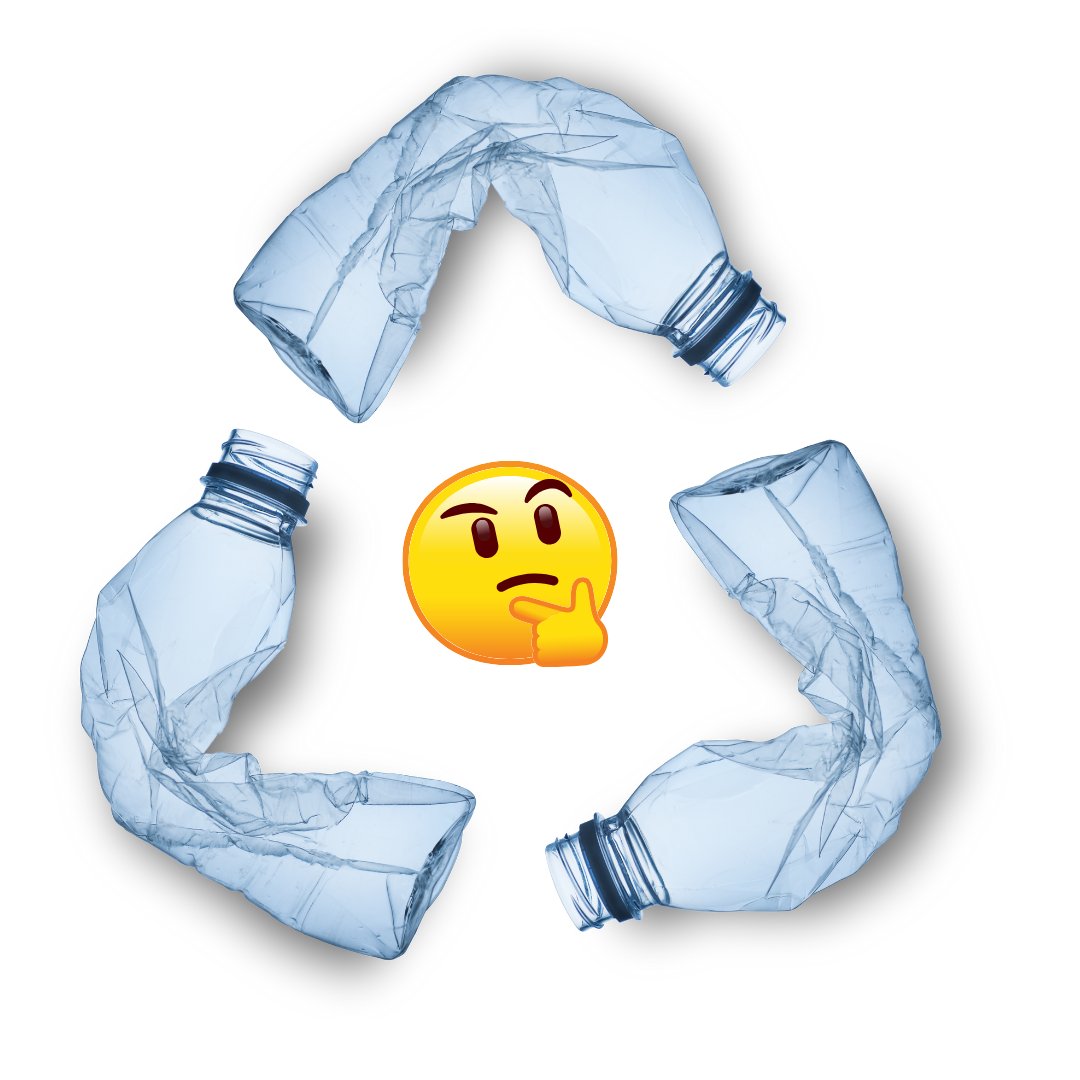Recycling has become one of the most important global initiatives of the past century, helping us to reduce the amount of waste we produce and encouraging the reuse of many different materials to lower our impact on the environment. However, you may be surprised to find that not all recycling initiatives are as efficient as they seem, so let’s cover some of the more shocking facts about it.
Glass and Metal Recycling Are Highly Efficient
The great news about glass and metal recycling is that they have become extremely efficient thanks to newer technologies and processes. In fact, most glass and metal recycling processes are 100% efficient, meaning all of the material can be recovered and reused in other items.
The process of recycling them also saves a lot of resources. According to euronews.green, around 42 kilowatt hours of energy and 19 liters of oil are saved when a ton of glass bottles is recycled. In contrast, around 14,000 kilowatt hours of energy and 6,545 liters of oil are saved when a ton of aluminum cans are recycled.
However, Plastic Recycling Still Has To Catch Up
Plastic is one of the most commonly recycled materials in the world, with many of us diligently sorting them out to ensure they can be processed correctly and recycled into new products.
But the harsh reality is that many plastics just aren’t recycled very often. Despite our efforts to become more environmentally conscious, data shows that we might need to do more to address how much waste we produce as a species.
Statistics from the Environmental Protection Agency (EPA) show that only 8.7% of plastics were actually recycled in 2018. The rest of the plastic still ends up in landfills and can take up to 400 years to fully degrade.
The National Geographic estimates that by 2050, we’ll have roughly 12 billion metric tons of plastic in landfills–that’s roughly 35,000 times as heavy as the Empire State Building.
The article goes on to reveal other horrifying facts, such as half of all plastics manufactured becoming trash within less than a year. This pales in comparison to materials like steel, where half of all production is used in construction and has a lifespan of several decades.
Why Recycling Plastic Is So Hard
There are several reasons why recycling plastic is so difficult.
For starters, there are just so many different plastics with different chemical positions. They aren’t immediately obvious by looking at them either, so this makes it really difficult to correctly sort plastics into recyclable categories.
In addition, recyclable plastics are often contaminated with different things like food and residues. This not only makes it difficult to recycle, but it can actually affect entire batches of recyclable plastic, rendering everything useless and unsuitable for processing.
Lastly, unlike metals and glass, plastics can’t be recycled repeatedly without degrading. When a piece of plastic is recycled, it often turns into a lower-quality product that cannot be recycled further, and then eventually ends up as waste that joins a landfill.
In short, recycling may not be the solution to our plastic waste issues. Recycling isn’t nearly as effective as many of us believe it to be, so we should be searching for other alternatives such as reducing and reusing when possible, and educating more consumers about the realities of plastic recycling so that they can make more informed purchasing decisions.







